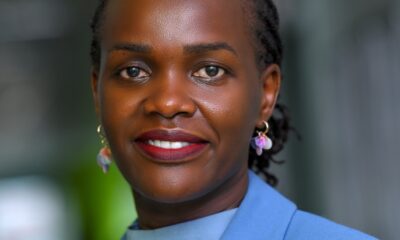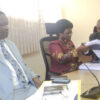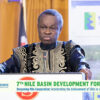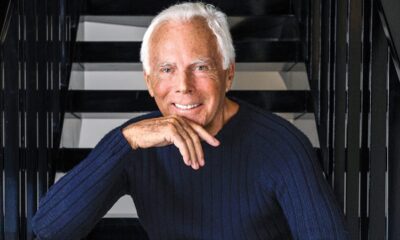News
Sudan-Uganda power transmission line moves closer to reality
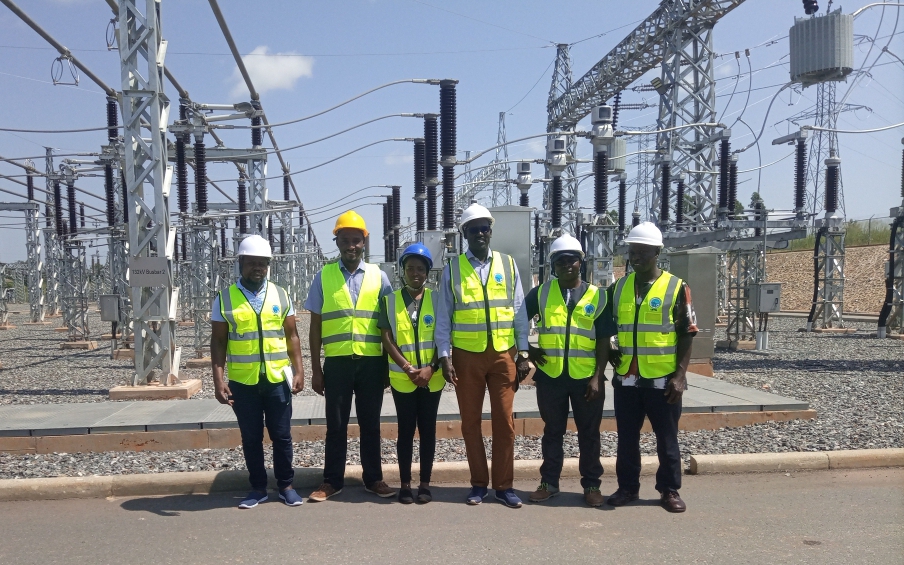
Officials from NELSAP and UETCL toured Olwiyo sub-station in Nwoya district late last year.
The highly anticipated South Sudan-Uganda Power interconnection line has taken a major leap towards realization after the African Development Bank (AfDB) and the European Union approved funding for the project.
The flagship transboundary green energy project has gained momentum in recent months following completion of the feasibility study late last year.
According to Eng. Jacob Manyoun Deng, the Power Program Officer at NELSAP – the regional body that is spearheading the project development, both Uganda and S. Sudan have concluded negotiations for funding with the AfDB.
Eng. Deng told this newspaper that AfDB agreed to give Uganda a concessional loan of US$140 million to cover construction works on Uganda’s side from Olwiyo in Nwoya district to Elegu border with S. Sudan (151km).
He added that South Sudan has secured a generous grant totaling US$118 million from AfDB and the European Union, to enable the young country have a similar 400kv line that will start from Juba and connect to the Ugandan line at Nimule on the South Sudan-Uganda , a distance of 149km.
If successfully completed, the 400KV high voltage South Sudan-Uganda transmission line will enable South Sudan’s to tap into cheaper Hydro power from Uganda’s newly completed 600 Megawatt Karuma hydro power dam.
“Uganda’s cabinet has already approved the loan, but the Ministry of Finance is waiting for approval from Parliament before implementation starts,” said Eng. Deng
The two countries already concluded a power purchase agreement that allows Uganda to sell power to S. Sudan at US$0.11 (Approximately UGX400). This is not only one of the lowest tariffs in the region, but it will wean the country from dependence on expensive and environmentally hazardous diesel generators that are currently the main source of electricity in South Sudan.
The Nile Equatorial Lakes Subsidiary Action Plan (NELSAP), the investment arm of the Nile Basin Initiative (NBI) conceived this project and has developed it from feasibility stage to date, will still be in charge of coordinating and supervising its implementation.
NELSAP has already signed a US$2M grant agreement with AfDB to cater for coordination.
Eng. Deng couldn’t hide his joy at the progress of the project when speaking to The Sunrise.
“As NELSAP, we’re very proud of this project. It demonstrates the fact that cooperation especially over water resources, can bring about tangible benefits,” said Eng. Deng.
He further noted that for South Sudan, the project will wean it off expensive diesel but also ensure a more stable and reliable supply of electricity to power its industries.
“There will be social-economic development because cheaper electricity will attract industries, improve security through lighting of dark corners of the city and surrounding areas of Juba” observed Eng. Deng.
And for Uganda, the high voltage line will open up a market for selling excess power from Karuma.
A similar transboundary power project known as the Mbarara-Shango power interconnection project between Uganda and Rwanda was completed in October 2023, allows Uganda to sell power to Rwanda. This project was also developed and supervised by NELSAP.
Comments





